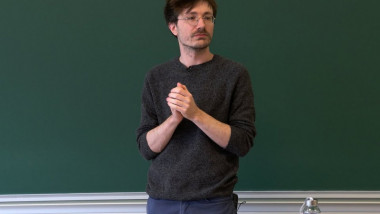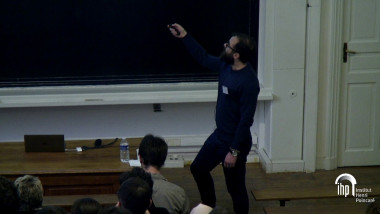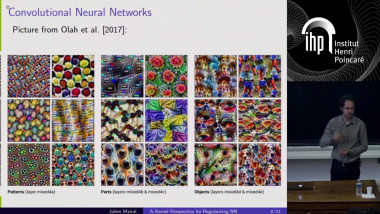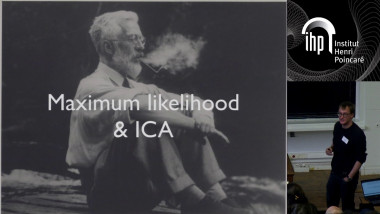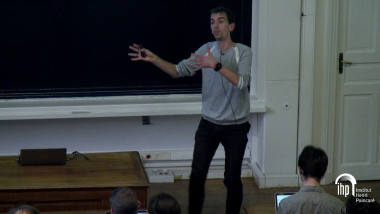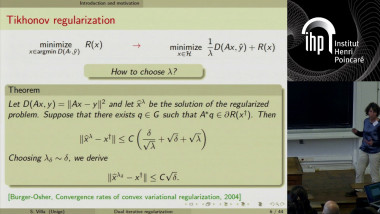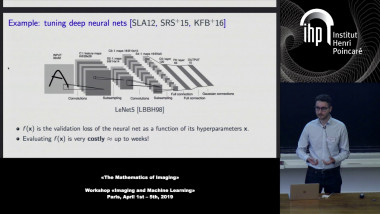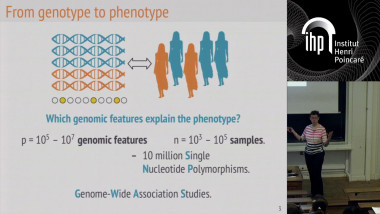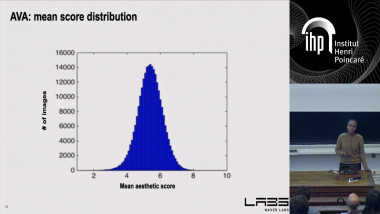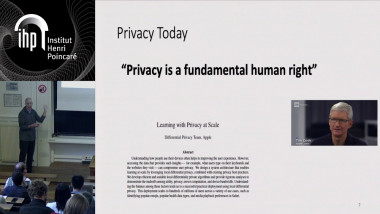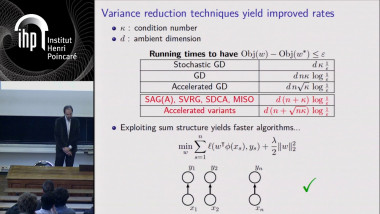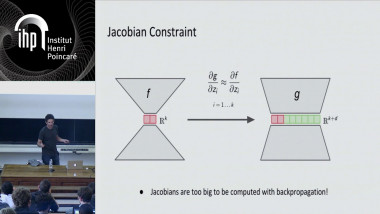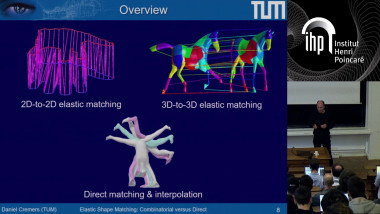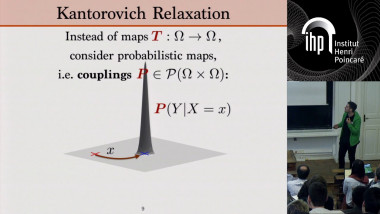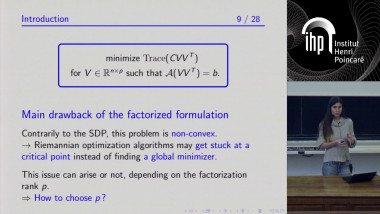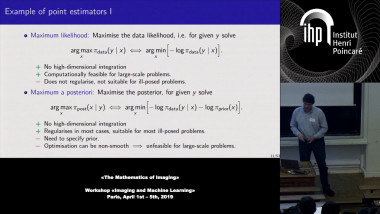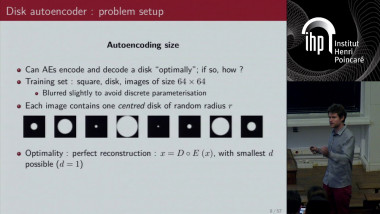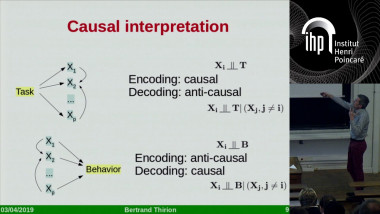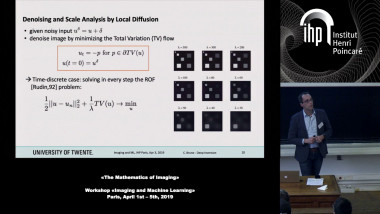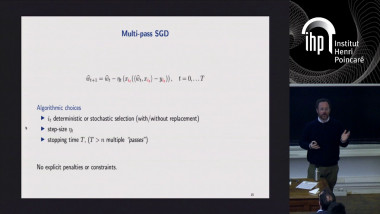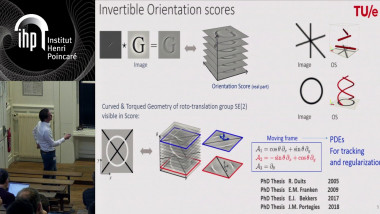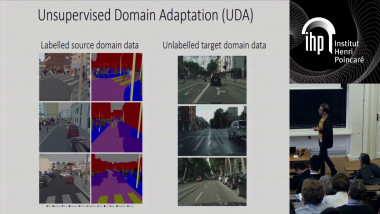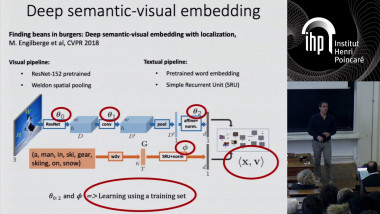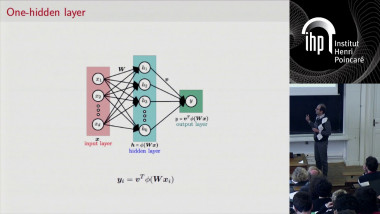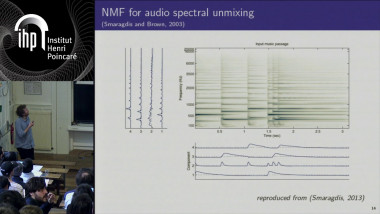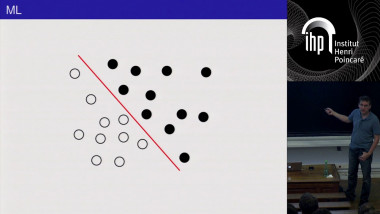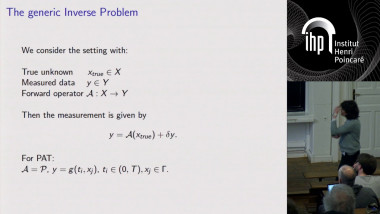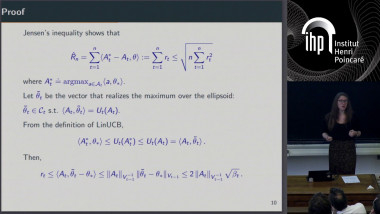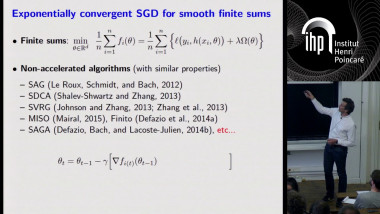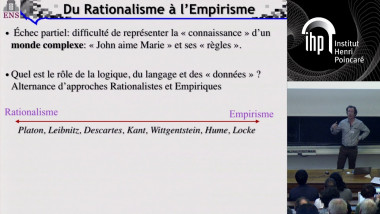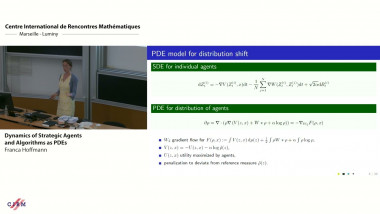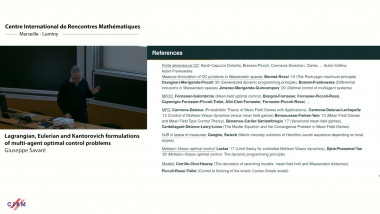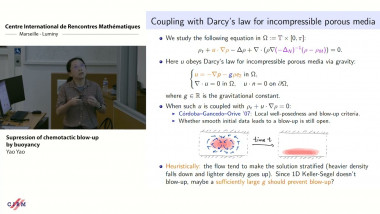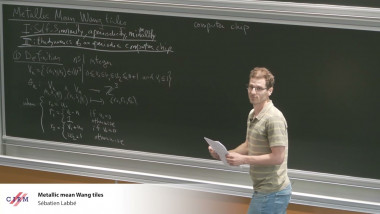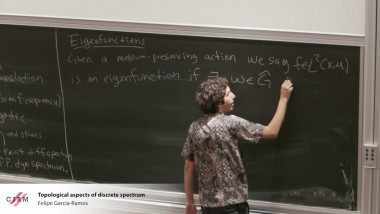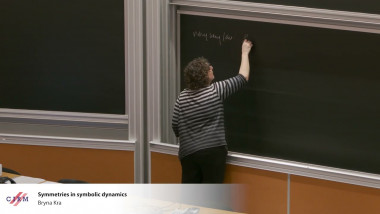Deep Inversion, Autoencoders for Learned Regularization of Inverse Problems
This talk will highlight how deep learning, inverse problems theory and the calculus of variations can profit from each other. Data-driven deep learning methods have revolutionized many application fields in imaging and data science. Recently, first classical methods from the calculus of variations and inverse problems have been combined with deep learning to effectively estimate hidden parameters. Such variational networks with learned regularization and unrolled gradient flow optimization have enabled deep convolutional neural networks (CNN) to tackle inversion tasks with strongly improved performance. However, even in the context of very basic CNN inversion methods, one fundamental aspect of inverse problems theory is still largely missing: understandable regularization scales addressing ill-posedness, i.e. stability properties of the learned inversion process. In machine learning theory this is often referred to as adversarial attacks. In this talk, we present a latent space analysis of autoencoding networks to learn the regularization of inverse problems in a controlled way. This offers new mathematical tools and insights for addressing the above limitation. Basic deconvolution problems and realistic inversion in photoacoustic tomography illustrate the gain of deep autoencoding networks in inverse problems.
